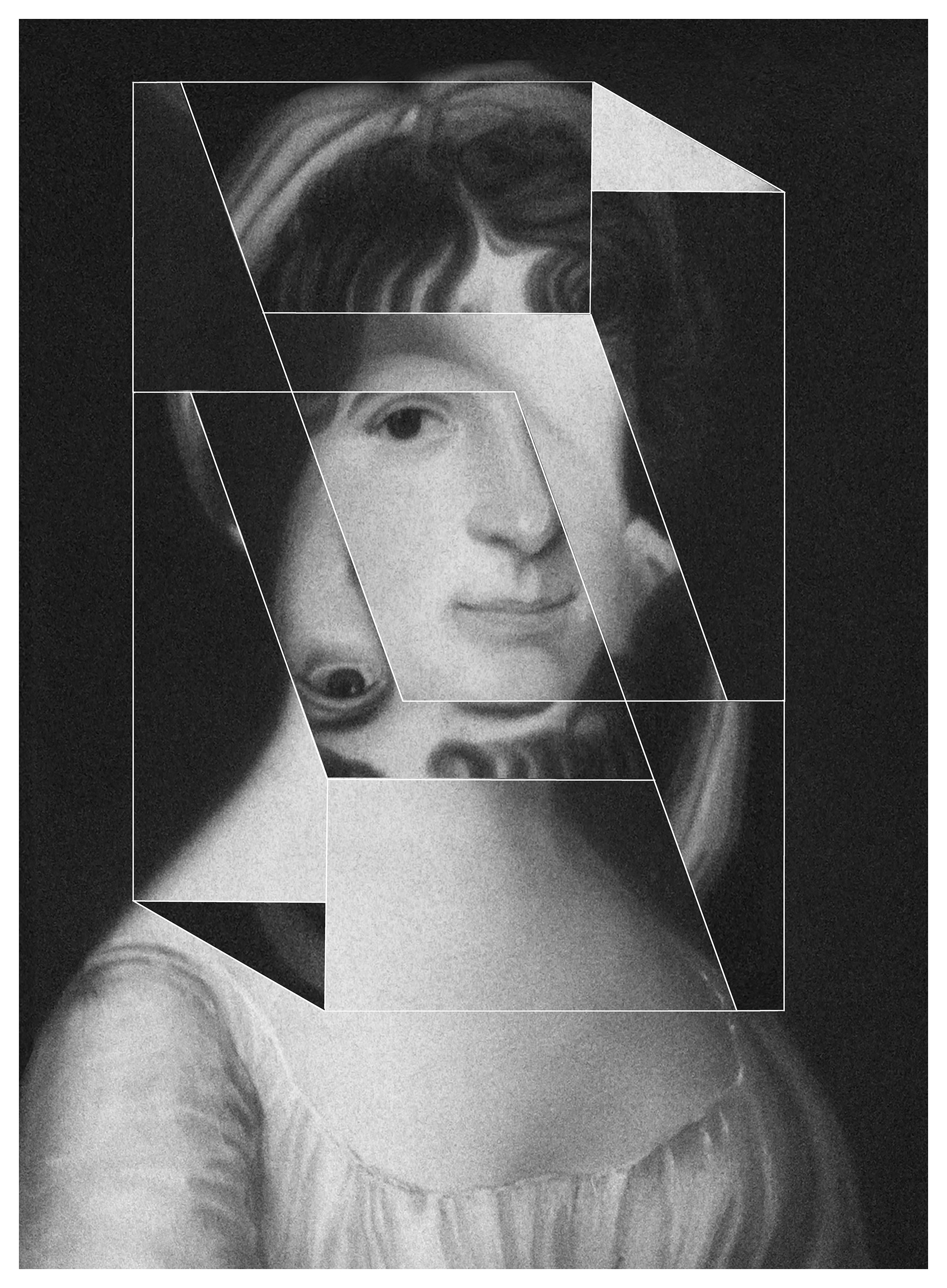
Rahel Varnhagen (1771-1833) was a German writer who hosted one of the most prominent salons in Europe during the late 18th and early 19th centuries. She was born into a wealthy Jewish family. Alongside intimate friends in the same intellectual sphere, Varnhagen organized beginning in 1800 literary salons in her family’s Berlin home, which became a meeting place for German romantics such as Friedrich and August von Schlegel, Fouque, Jean Paule and Friedrich Gentz, Goethe, etc. Her interest in the salons were of psychological and and philosophical nature, focusing on the people attending rather than the literature discussed. No salons were held between 1806-08 due to financial issues, but were able to resume after she married Karl August Varnhagen von Ense, a writer and literary personality.
What is perhaps most astonishing about Varnhagen is that she created a new practice of writing. She was not the only woman who concentrated on epistolary writing; but from the outset she was aware of the particular implications of letter-writing and worked to establish a network of people who would self-consciously engage in this as a common enterprise. In contrast to the notions of authorship that appeared in Europe around 1800, which anchored writing in the exceptional individual, here a heterogeneous group of people was producing something together. As early as 1812 she began a long series of epistolary publications in different journals, following two contradictory organizational principles. The first project is a dialog in which she was engaged together with Karl August Varnhagen von Ense (1785–1858), whom she married on September 27, 1814—two days after her conversion to Protestantism, when she took the name Antonie Friederike. From their correspondence, they selected those remarks that concerned Goethe’s work and these they arranged as a montage. Later publications show a different structure: in these, it is only Rahel Levin Varnhagen who speaks. The replies are not part of the printed dialog.
Six thousand letters have survived, out of an estimated ten thousand letters written by her in the course of her lifetime. She made sure to ask a Jewish woman friend to tend to the collection should she die, but also to retrieve the letters she herself had written, indicating how seriously she took the preservation and publication of ephemera. “A special moment, a conversation, a book or anything else might serve as the source of her productivity. And so she developed an entire world of insights into philosophy and music, literature and politics. Since what was relevant to her was not the result of thinking but rather the movement of thoughts, her friendships and convivial gatherings were of greatest importance to her. Both were seen as political and philosophical enterprises.” She had maintained correspondence with cooks, politicians, countesses, writers, actresses, philosophers, intellectuals, Jewish women, etc, and kept “diaries of thought”, which became an archive of Varnhagen’s life.
SOURCES
https://en.wikipedia.org/wiki/Rahel_Varnhagen
https://jwa.org/encyclopedia/article/varnhagen-rahel-levin